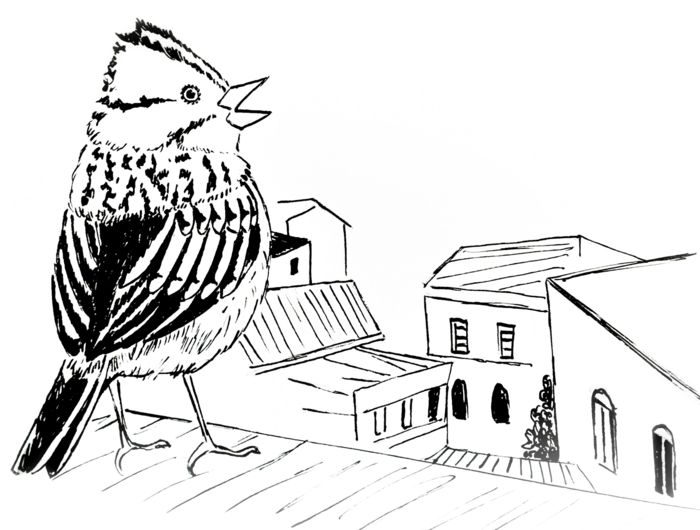What is TOWSpanish?

The Other Way Spanish is an online and in-person space where we study Spanish as a foreign language, learn about Latin American cultures, and promote continuous learning of a language that has vast rhythms and stories across our continent.
Our methodology is conversation-based, focused on the students and their goals, via interaction with our Latin American cultures, and using our own efficient e-learning platform AulaTOW.
Spanish in Latin America
In our courses, classes, and programs, we address current topics that spark reflections about a fairer world. We exchange ideas and widen our knowledge of Latin America and its actors while learning a new language.
Our Principles
We invite you to join in our language learning philosophy based on:
- Anti-racism
- Women and LGBTIQ+ rights
- Social inclusion and anti-discrimination
- Environmental consciousness
- Indigenous worldviews
- Critical thinking
CONVERSATION
FOCUSED
NATIVE-SPEAKING
TEACHERS
LATIN-AMERICAN
CULTURES
e-LEARNING
PLATFORM
Our Mission
The teachers

Clarinetist
Frontend developer

Bachelor’s degree in history and political science Cultural agent
Designer
Our Methodology
The Other Way Spanish (TOW) is a program that teaches Spanish as a second/foreing language while the students internalize the intercultural competence, that is, it develops the four language abilities (speaking, writing, listening and reading) and integrates the second/foreing language culture through various resources and activities in the class.
The teaching methodology is divided into two main points: linguistic approaches: “Comunicative Language Teaching, CLT” (S. Krashen 1998) and “Content and Language Integrated Learning, CLIL” (D. Marsh 1954) which seek to make the students learn by the context (learning-acquisition) while learning the language through their language abilities.
The second part of our teaching is “Culture and Didactics” for which we use theories such as: “Non-parametric Didactics (didactica no parametral en español)” and “Communicative Competence” (D. Hymes 1966) in which the learning-teaching process is not only to develop the language competence but also to include and make the students understand the second/foreing language culture through history, indentity, traditions and customs, and pragmatics (polite/non-polite, idioms, etc) so the students will be able to talk and be part of the society in which they are living.
Addionally, The content is based on your Spanish level and your needs in case you need to base your study on specific areas/subjects.
If you want to learn more about us, just write to us.